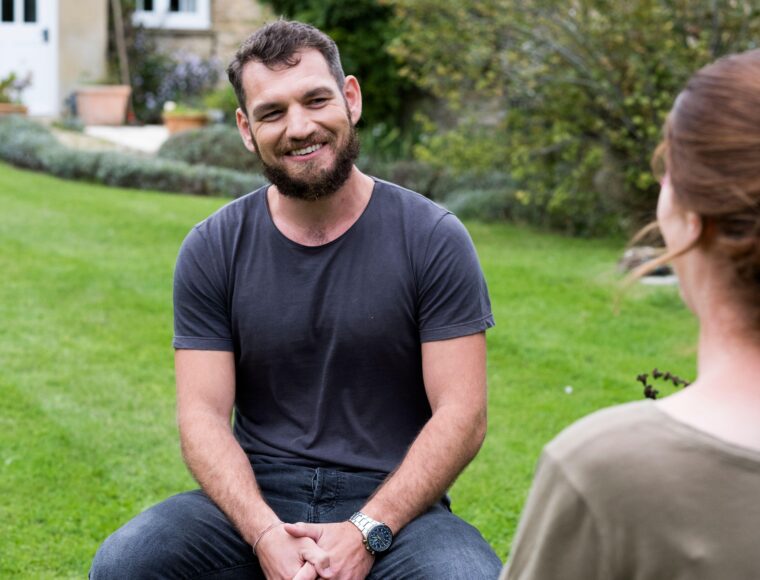
Aspinden Care Home
Specialised residential service supporting people living with the effects of long-term alcohol use
Read moreSocial Interest Group commits to empowering and inclusive approaches in all our work to support service residents, participants, and members in living happier, healthier, and independent lives.
Everyone has the potential for positive change, and this belief is the cornerstone of our Theory of Change, co-created with service participants, residents, and staff alike.
We embed several guiding models and frameworks in our approaches, which inform our strategies, including Psychologically Informed Environments (PIE), Enabling Environments (EE), Trauma-Informed Approaches, the Biopsychosocial Model, and Person-Centered Care.
Through every interaction, program, and initiative, we strive to create a world where every person is valued, supported, and empowered to reach their full potential.

We operate a Theory of Change and strengths-based approach, enabling positive identity formation and supporting individuals to view themselves through the lens of their potential and ambitions rather than negative past experiences and stigma.
Reframing identity and mindset based on strengths and aspirations, not stigmatising labels.
Developing skills to build, maintain and trust positive, healthy relationships.
Empowering through a stake in society, and a sense of purpose and belonging.
Our commitment to fostering inclusivity and ambition for all by dismantling barriers, stigma, shame, and nurturing positive relationships and community engagement, continues to set us apart.
We use Trauma-Informed Care and Compassion-Focused Therapy to train staff to ensure compassion, resilience and competency when working with people with multiple and interconnecting needs. We focus on the strengths and assets of each individual and understand the impact of their previous traumatic experiences, focusing on the person and their journey.
We make sure that we focus on creating positive and effective social environments, where healthy relationships are seen as the key to success at each of our services. Our OPD HASS services received the Enabling Environments Award accreditation in 2023.
We provide Psychologically Informed Environments (PIE). We reflect on what we are doing and how we can be more effective and empowering residents using a range of tools.
We prioritise the preferences, needs, and values of our residents and participants in our decision-making and delivery. We actively involve them in their care plans, respecting their autonomy, and considering their unique circumstances to deliver personalised and effective outcomes.
A holistic approach aims to provide comprehensive care that addresses the complex interplay of these factors. Acknowledging that biological factors (such as genetics and physiology), psychological factors (such as emotions and cognition), and social factors (such as family dynamics and socio-economic status) all influence health and well-being.